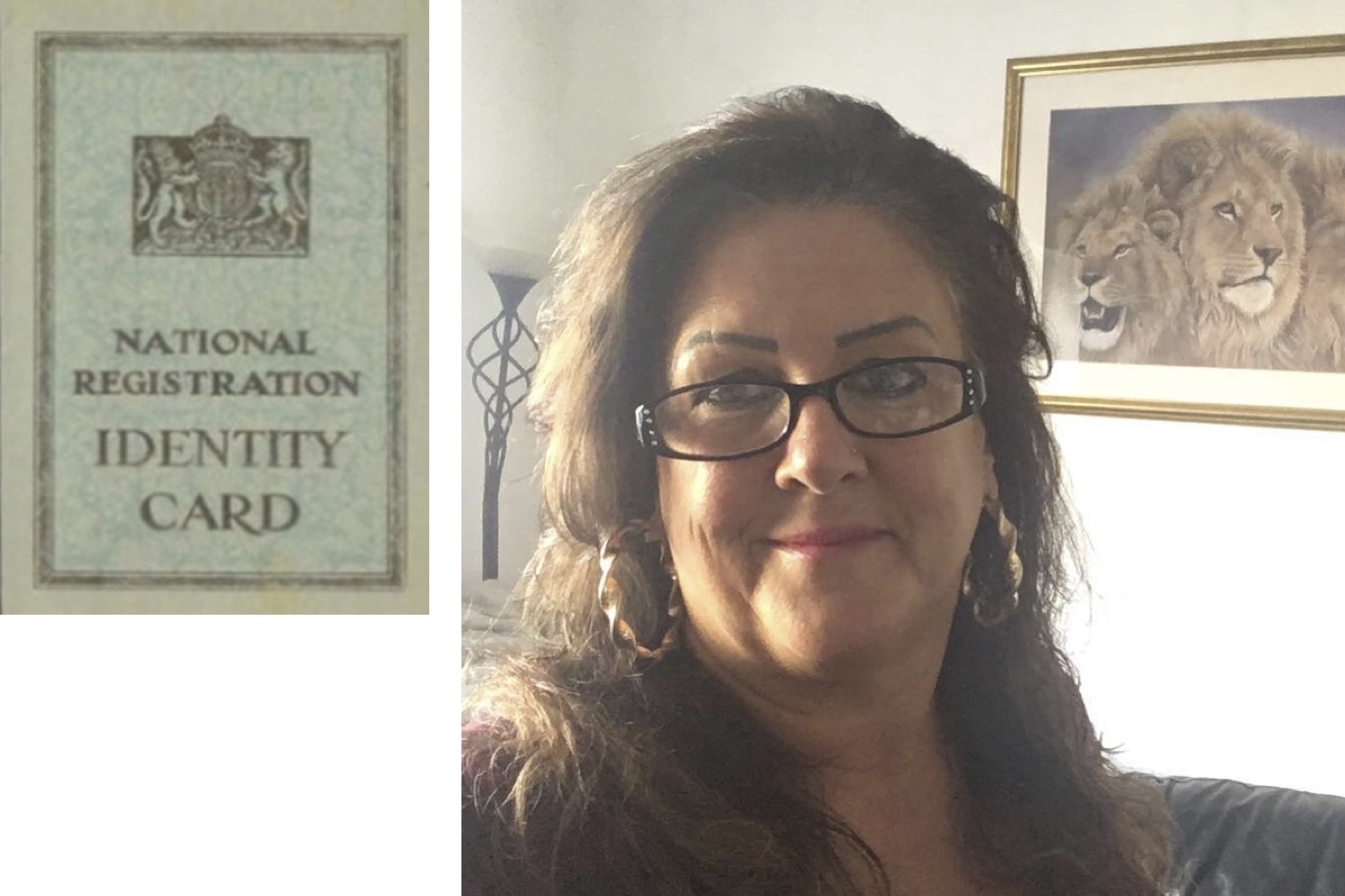Our returning speaker on 20th May is Dr Penny Walters, some 3½ years after one of our earliest Zoom sessions in 2020, when she explained "Dissecting UK Censuses". This time, her subject is "The 1939 Register", a Census in almost all but name, but obviously with a more immediate and pressing purpose. It captures many of the same details as the Census, with the added advantage of having each subject's date of birth.
The England and Wales 1939 Register was devised to produce 40 million Identity Cards during World War II, when rationing was introduced. The information recorded provides a huge bridge between the last published census (1921) and 1939. [The 1931 census for England and Wales was destroyed by fire on 19th December 1942 [but] "was not occasioned by enemy action".] People were more ‘honest’ in their information-giving, providing exact date of birth, as they wanted their allocated rations! From 1948, the Register was used as the National Health Service (NHS) Register, and was updated until 1991, giving women’s new surnames when they got married, handwritten above their name. The online UK 1939 Register is a relatively unknown, but very useful tool for genealogists.
 |
 |
|
| a typical WW2 ration book | 1939 Register example page, with blanked-out lines |
Some online search results of the Register will have a number of blanked-out lines, indicating that the record is closed because the individual may still be alive. Individuals’ records remain closed for 100 years from their date of birth or until proof of death. Their record may still be closed if their death was not notified to either the National Registration authorities or to the NHS, and recorded in the Register. Deaths that occurred outside the UK are unlikely to have been notified. These include the majority of Second World War deaths.
Dr Penny Walters has been a University lecturer for 35 years, currently teaching in Bath Spa University Business School. Her interest in genealogy started after having her first baby and then wondering about her biological parents, as she was adopted. She has six mixed-race children, who have all enjoyed discovering their roots through DNA ethnicity results. Penny lectures internationally in-person, including throughout America, Australia, Ireland and the UK. She is sought after for a wide range of conference and webinar topics, and has authored the books: 'Ethical Dilemmas in Genealogy' (2019) and ‘The Psychology of Searching’ (2020), available on Amazon in paperback or on Kindle.
Penny will be talking to us over Zoom,
but the venue remains Saxmundham's Fromus Centre at 2:30pm on Monday, 20th May.
Members as usual @ £1.00, Visitors welcome @ £3.00 including tea/coffee and biscuits.
No need to book – just turn up. Good, free car-parking.
Paid-up members can also 'attend' over Zoom by following the email sent earlier that day.
For full venue details, see our «Attending our talks» webpage.
